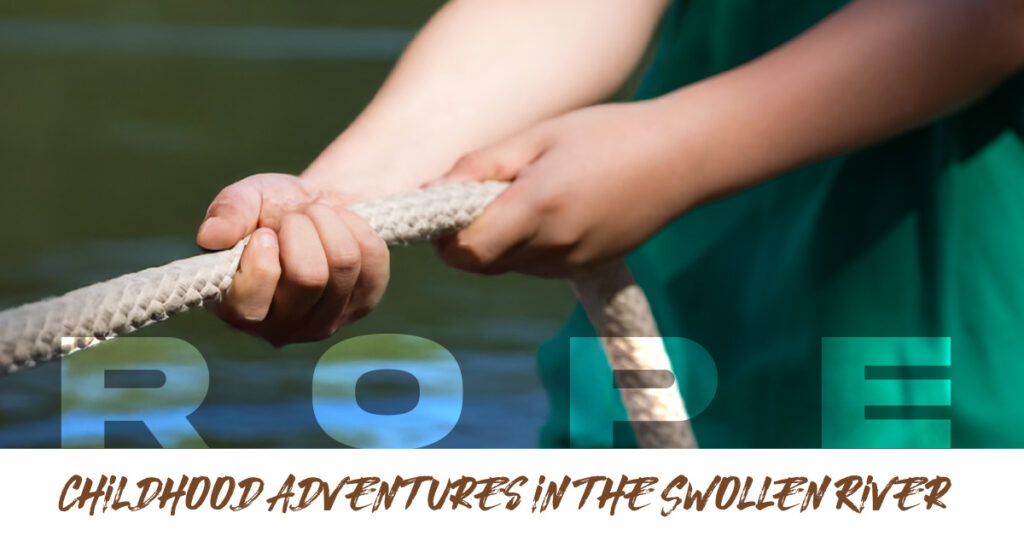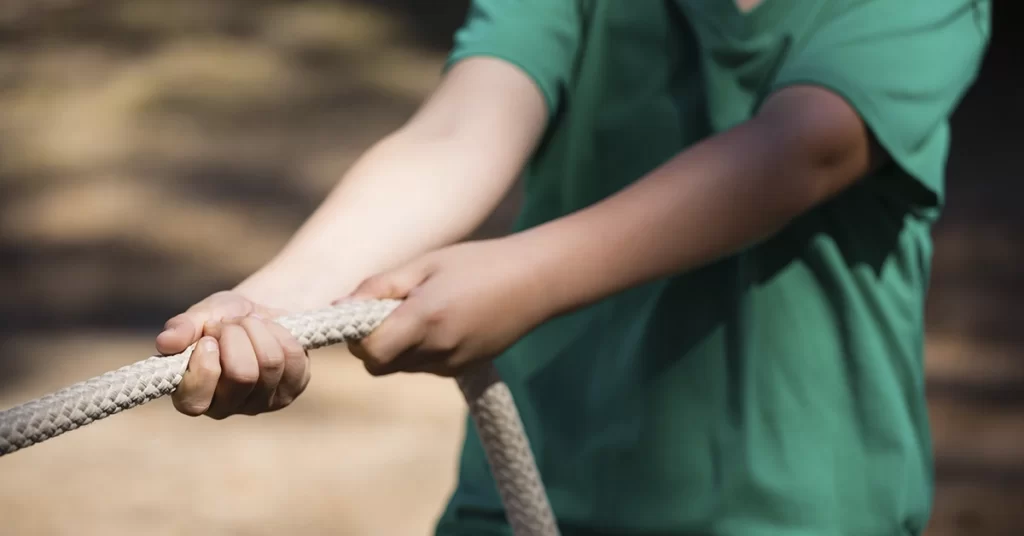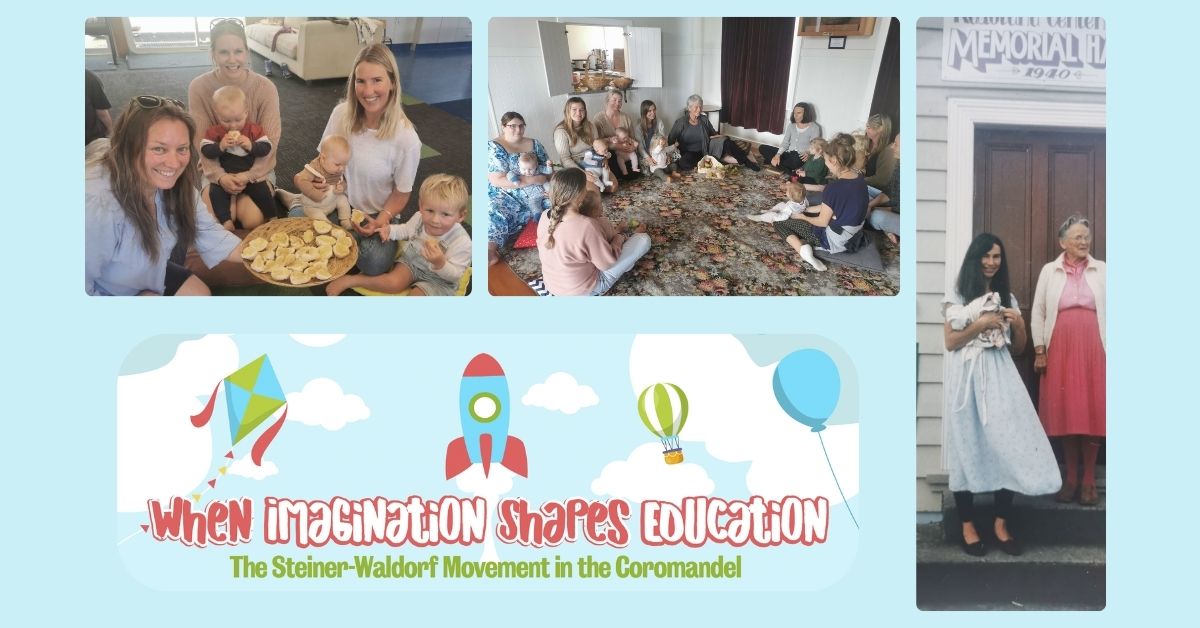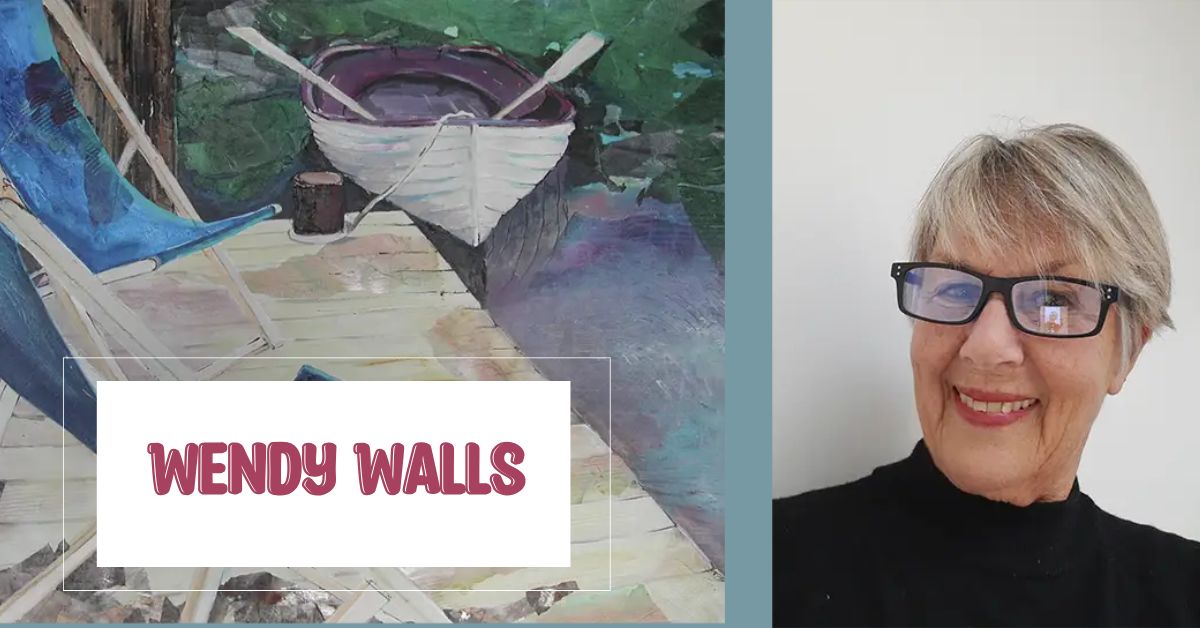
Childhood Adventures in the Swollen River
We were 10, 11, 12 when we rode the eddy-wave. Storms high in the hills had swollen the river into a frothy churn of mocha-brown and bubbling white that surged through the valley, cutting into the high banks with the weight of all that rain.
We made our own craft, the six of us, from poorly-patched inner tubes that left rubbery smudges on our hands, discarded scraps of wood and rusty oil barrels, all held together with string and naive confidence. Only one of us had a vessel intended for the water – Glen’s father had let him use the family kayak, with its neon yellow and orange speckled paint down the side.
Where the river met the road, all that heavy water came tumbling over the concrete ford; an unstoppable force met an immovable object, and created an arcing crest, a pulsating bulge in the water, big as a school bus. James’s father stood there with arms folded, his mustard Lada parked nearby.
Glen went first. Powering over the wave with strong paddle strokes, he made it look easy, and perhaps it was, when equipped with the right tools and understanding. Bo and Rob went in their makeshift raft. The hands of the river tore wood and string apart like paper, but they came giggling out the other side, clinging to what remained of their creation, like shipwrecked sailors.

I didn’t understand the wave until I rode it myself. My brother and I went together, side by side on our tractor tubes. I squealed with mad delight as the river picked up speed, tugging us faster, forward towards that roaring slope. We went over, and the world became a tumbling blur. The brown water slapped me in the face and I went under, thrown about like a sock in the wash. Only luck saved me, or maybe instinct. Whatever you call it, I came back up with my arm wrapped around the inner-tube. My brother was there too, clinging to his tube.
Only then did I learn the possessiveness of the eddy-wave; it did not so easily give up the prizes it caught in its watery grasp. Somehow, it pulled us back, inexplicably dragging us upriver. We were caught in its cycle of churning water. Glen came to the edge of the wave, and held out his paddle for us to grab, tugging us free of the undertow.
I didn’t see James go over – I was still shaking off the adrenaline and rubbing the water from my eyes – only heard my friends’ gasps, saw the stiffening of expressions as they stood downstream looking back towards the wave.
I looked where they looked and saw nothing. James wasn’t there, just his boogie board, bobbing about like a sponge under the tap.
No one moved. Seconds passed. My heart knew something was wrong. It knocked at my ribcage.
Thump.
Thump.
Like a cork, James shot up, breaching high above the water. He took a deep breath, his face a mask of fear, and was gone again.
I stood looking, my mind blank.
Again James burst from the river, took a breath, then went under.
From the corner of my eye, I saw James’s father run to his car. He ripped open the boot and rushed back to the river edge with a coil of rope. He threw it. It uncoiled in the air as James shot up again. He snatched one end, before going under again. The other end fell into my numb hands.
Time stopped.
I stared at the rope, oddly aware of its fibrous texture between my fingers and palm, then dropped it.
I waded towards the wave, as if I was still caught in its backwards pull, its gravity drawing me against the flow. Even as James came past me, dragged out of the wave and into safety by my friends, I felt myself falling towards the wave.
Still now, years later, when I drift to sleep on rainy nights, lying somewhere in that quiet nameless space between dreams, I catch myself falling into the black well of the eddy-wave. And startled awake, confused in the dark, I feel a rope fall into my hands.
Words by Isaac Smith






